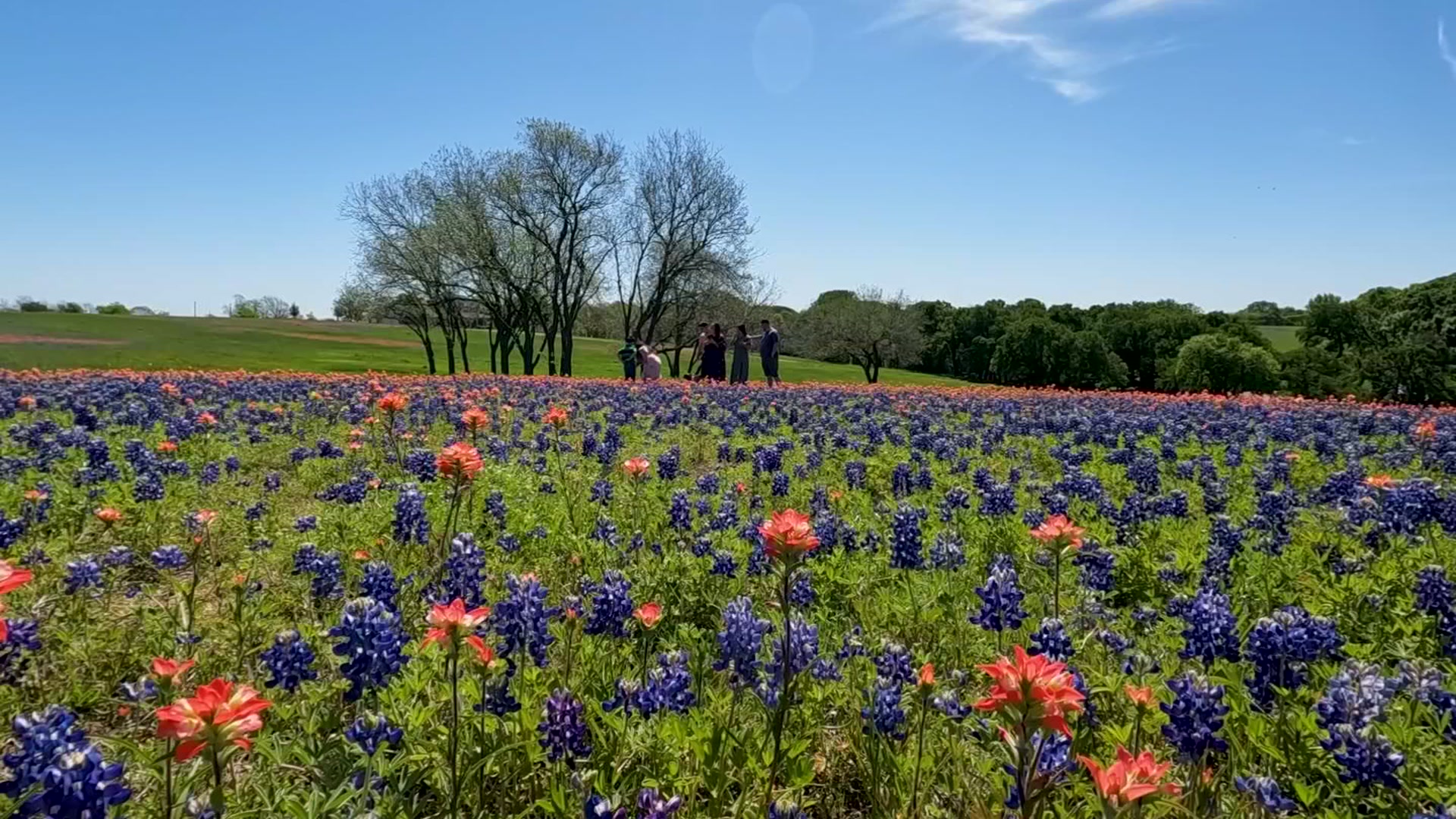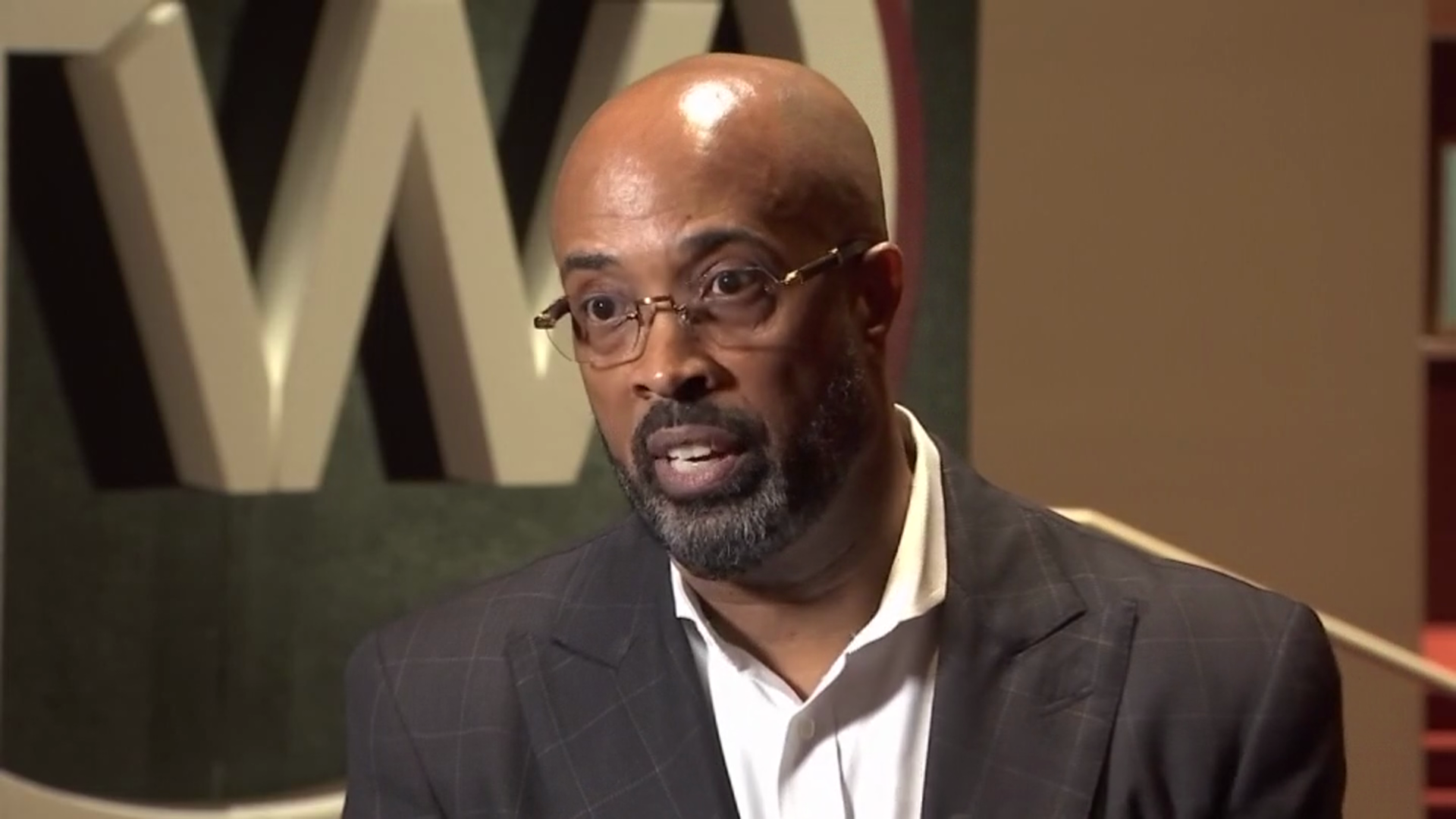Dallas Police leaders delivered bad news to city leaders Monday as City Hall ponders how much money to spend on public safety for the next fiscal year.
After 11 straight years of crime reduction in Dallas, a new report for the Dallas City Council Monday showed that police are struggling to keep the trend going in 2016.
Violent crime remains up 10.4 percent year to date, despite an eight-week partnership with state and county officers earlier in 2016 to help round up suspects. Murder is up 24.7 percent so far in 2016. Overall crime is up 2.5 percent.
"Priority 1" response time from Aug. 1-17 slowed to 8.08 minutes, from the 7.79 average for all of 2016. Priority 1 response time was 6.32 minutes in 2010 and 2011.
"The only way for us to get there quick is to insure we have enough officers on the street to respond to all the 911 calls that are coming in," said Executive Assistant Chief David Pughes.
Another report shows the Dallas Police force is shrinking. The Dallas Police authorized force of 3,520 was just 3,375 as of Aug. 9. Officers leaving the force outpaced hiring by 116 so far this year. The number of police civilian employees has also declined, leaving more work for sworn officers.
"We need more officers," Pughes said. "There's no doubt the greater number of officers you put in an area, the better the likelihood that you're going to be able to reduce crime that's occurring there."
Local
The latest news from around North Texas.
The 2016-2017 proposed budget from the Dallas City Manager calls for hiring 549 police officers in the next year, enough to replace all who are expected to leave and add 200 more to the force.
"We've got to start now. We've got to get behind the curve and start hiring people now," said Pughes.
Since the July 7 ambush that left five police officers dead in downtown Dallas, the city police department has received hundreds of new applications.
But Thomas Glover, president of the Black Police Association of Greater Dallas, said the city is not equipped to hire so many officers. Glover has worked in Dallas Police recruiting in the past.
"We don't have the physical space to do it. We don't have the training facility to do it and we certainly don't have the people at our training academy," Glover said.
Police union leaders agree more officers are needed but they believe pay raises are needed first to stop trained officers from leaving for higher-paying jobs.
"Yes, we would like them, but it's unreasonable. We can't get them right now because the pay is the number one problem," said Dallas Police Association president Ron Pinkston. "The pay is the lowest in the Metroplex."
Garland and Austin offer Dallas officers raises of more than $15,000 a year for lateral transfer programs, according to Monday's Dallas City Council briefing.
The Dallas unions want 5-percent raises across the board for police and firefighters each of the next three years. The Dallas City Manager has offered less.
"You need to think about retaining the officers that you have. They're not doing it and they really need to do it," said Black Police Association chief of staff Sheldon Smith.
A fire department union leader said Dallas also has trouble keeping trained firefighters from leaving for better pay.
Receiving the new reports Monday, City Council members acknowledged the need for improvements in pay and manpower.
"If I'm prioritizing from a public safety standpoint, to me, pay seems to be a higher priority issue than head count," said Councilman Philip Kingston.
The City Council will finalize a new Dallas budget next month.



